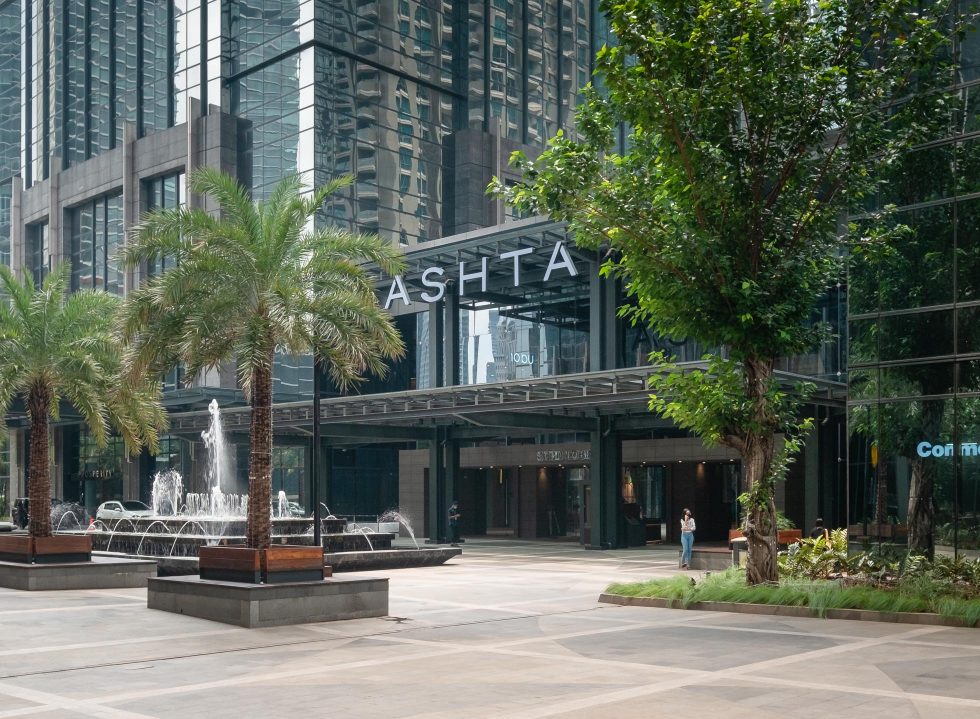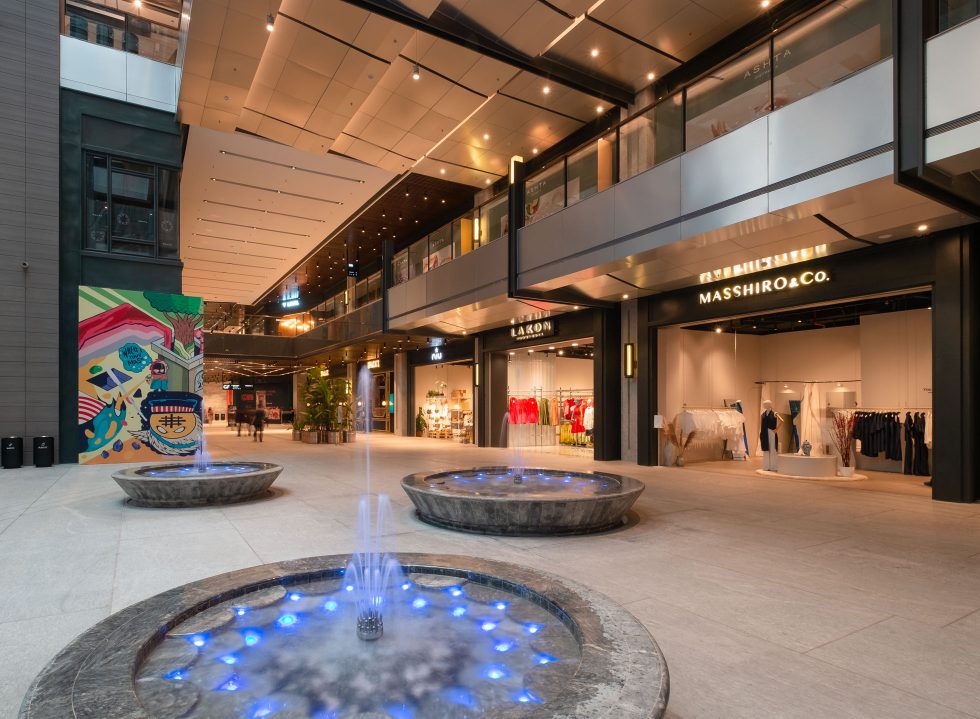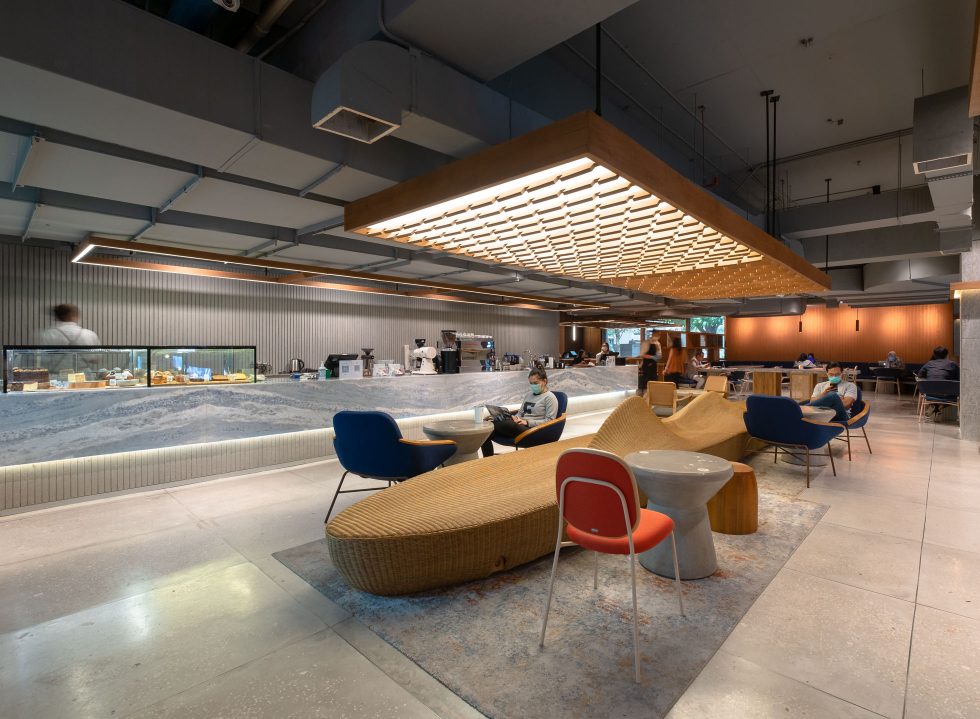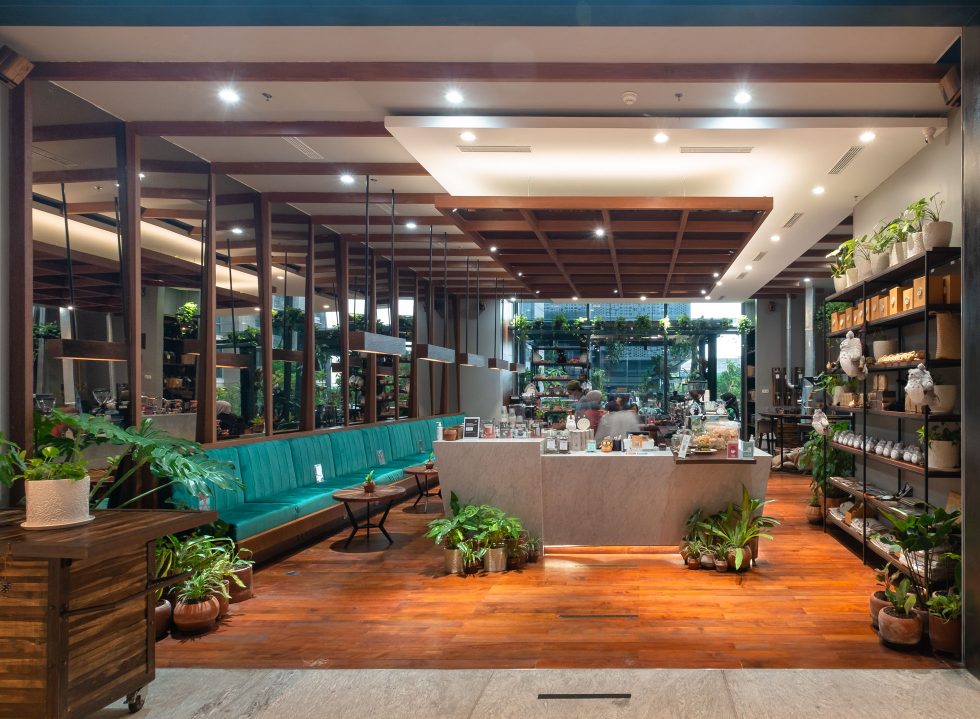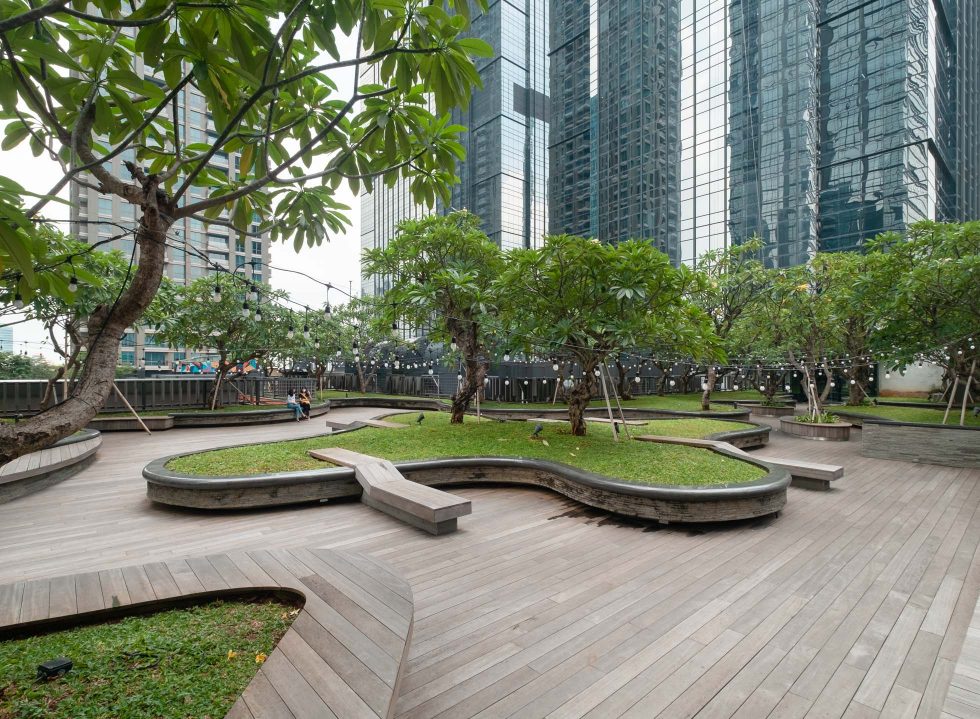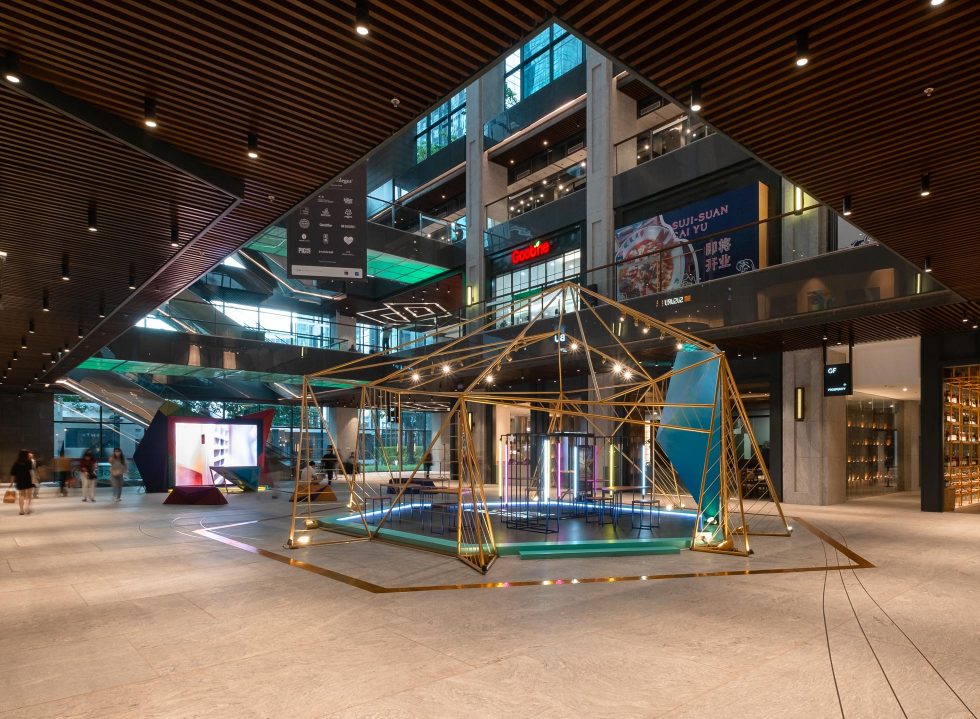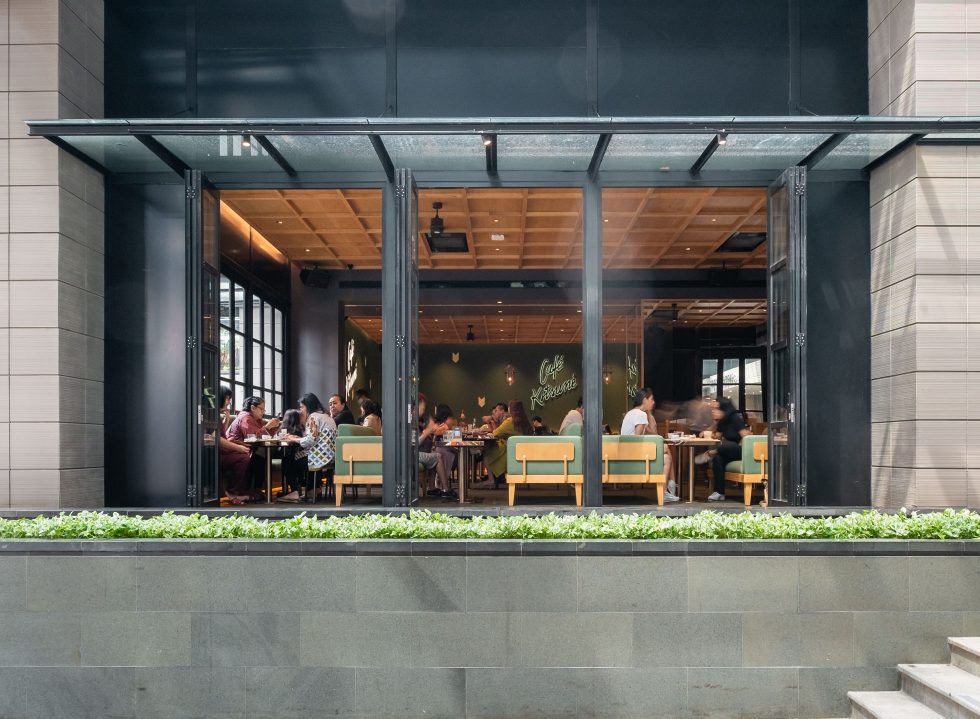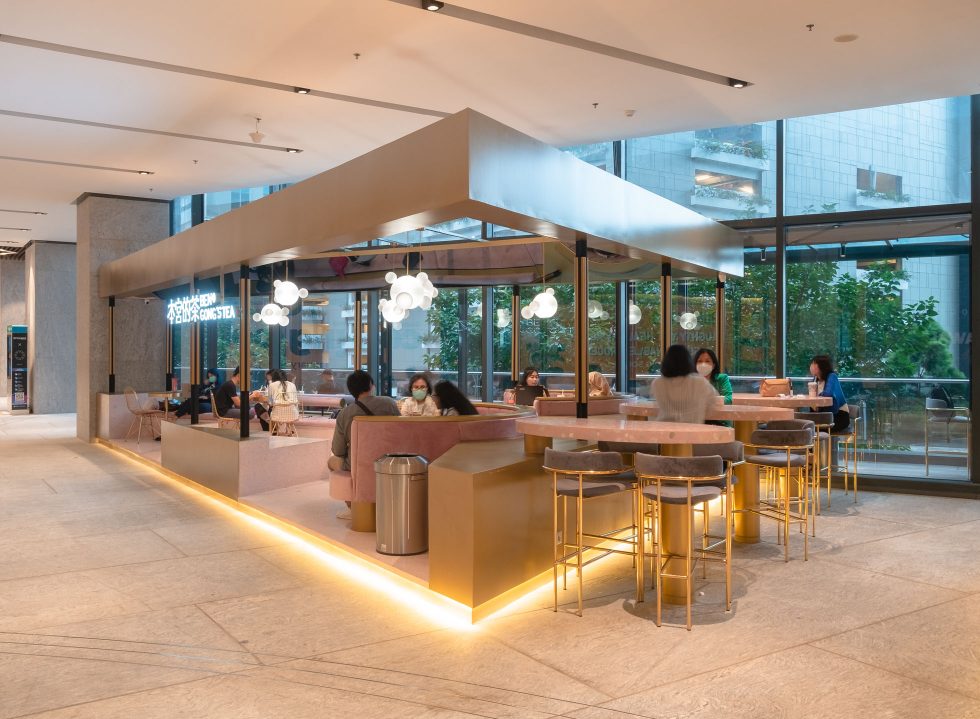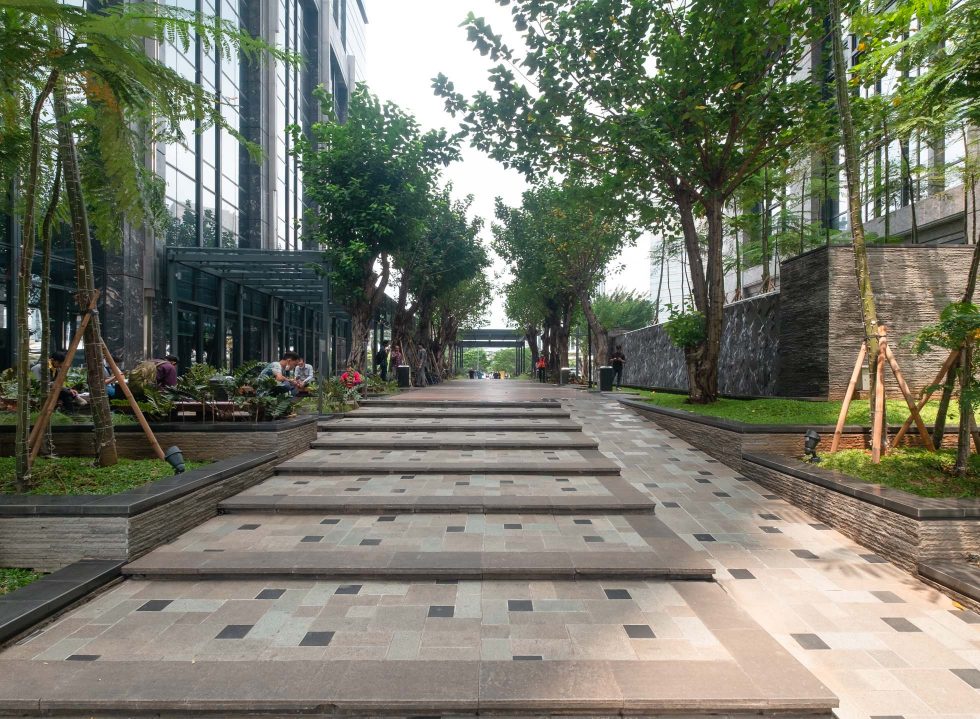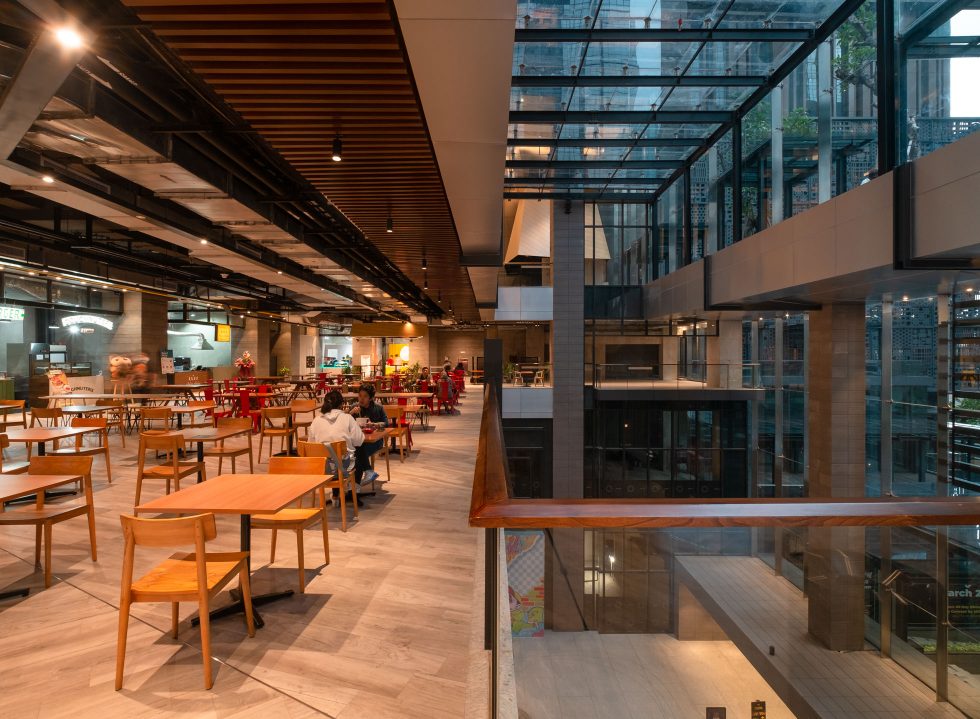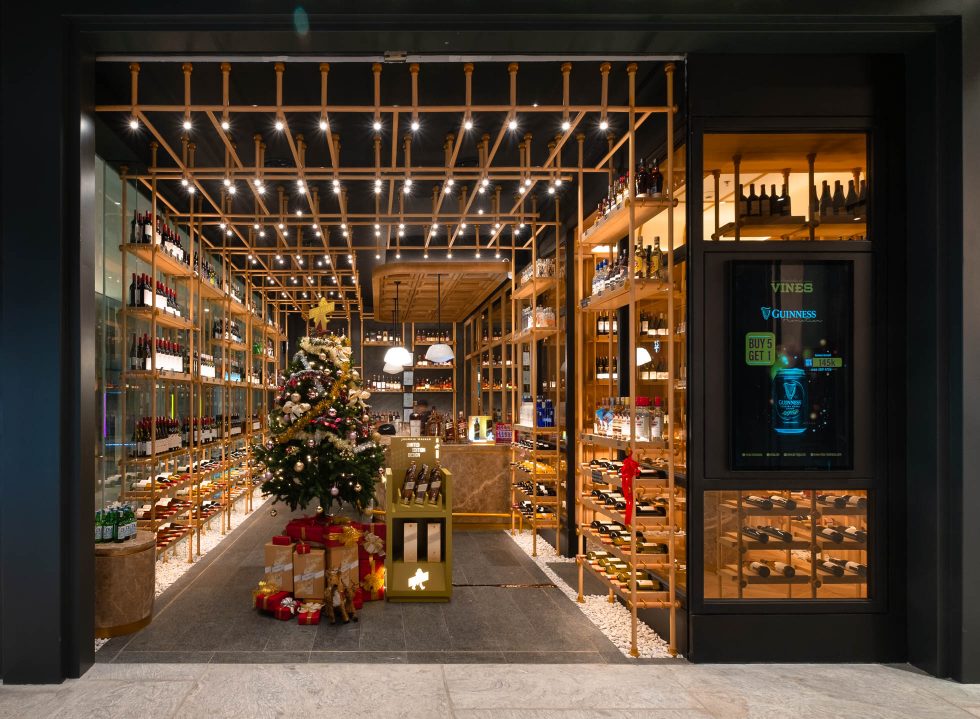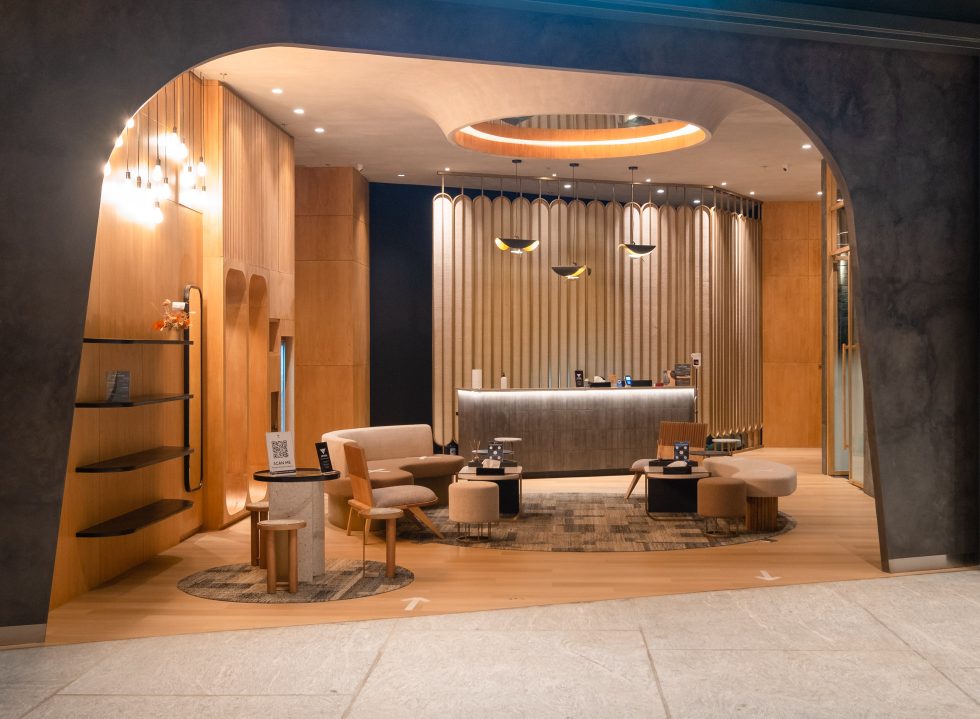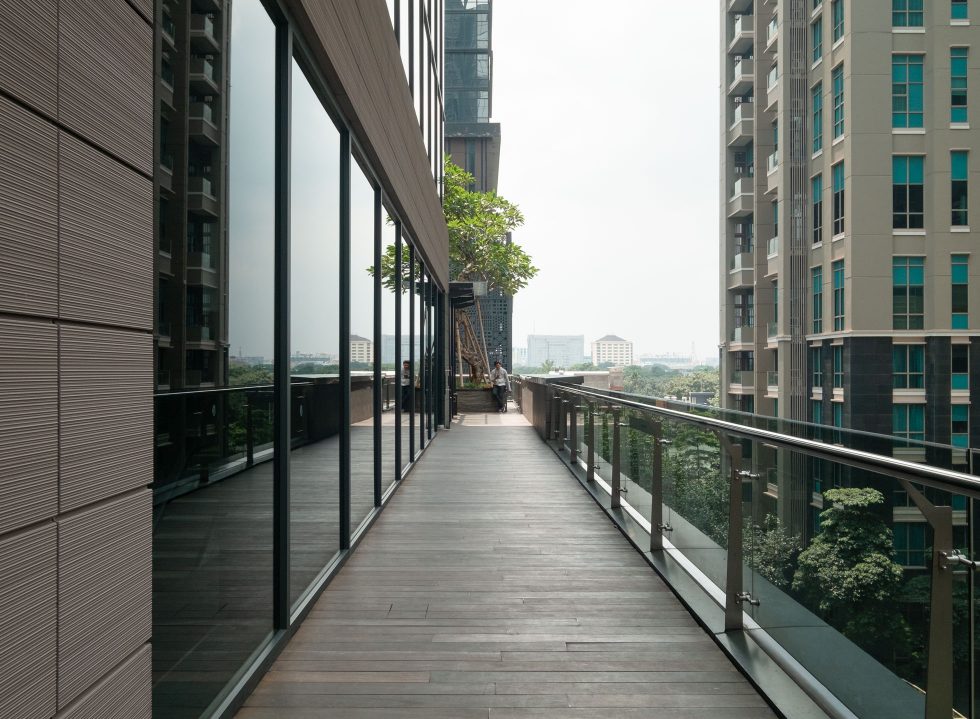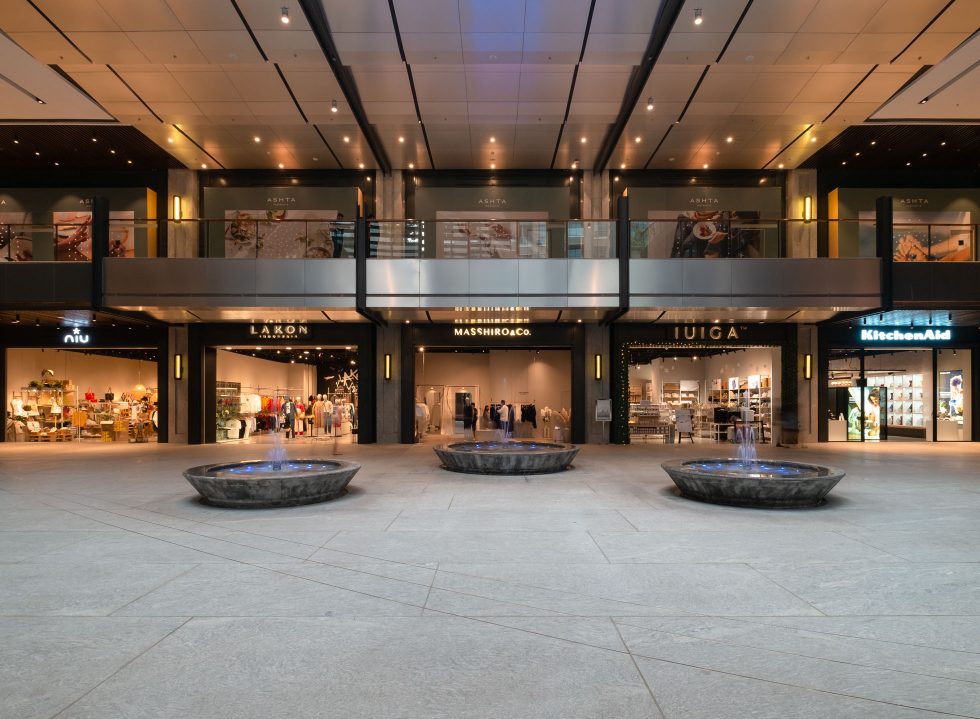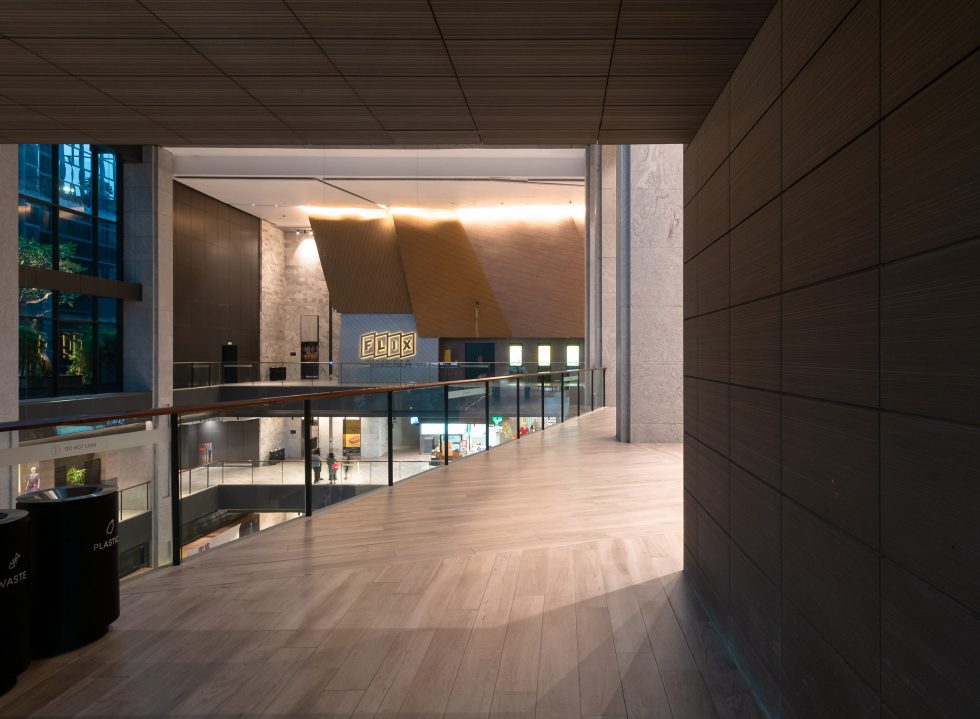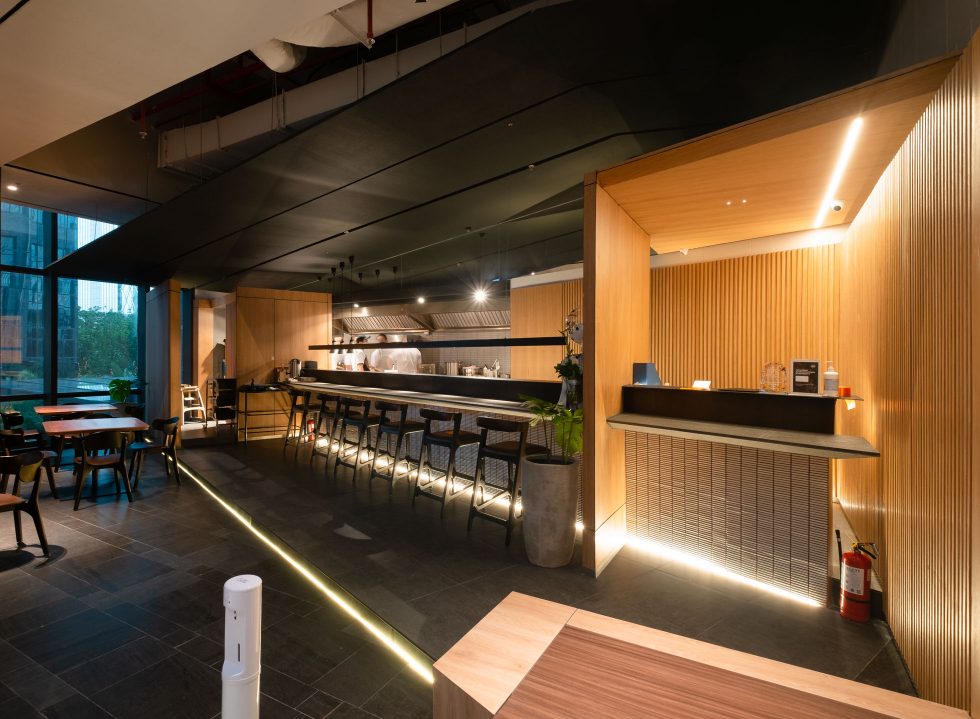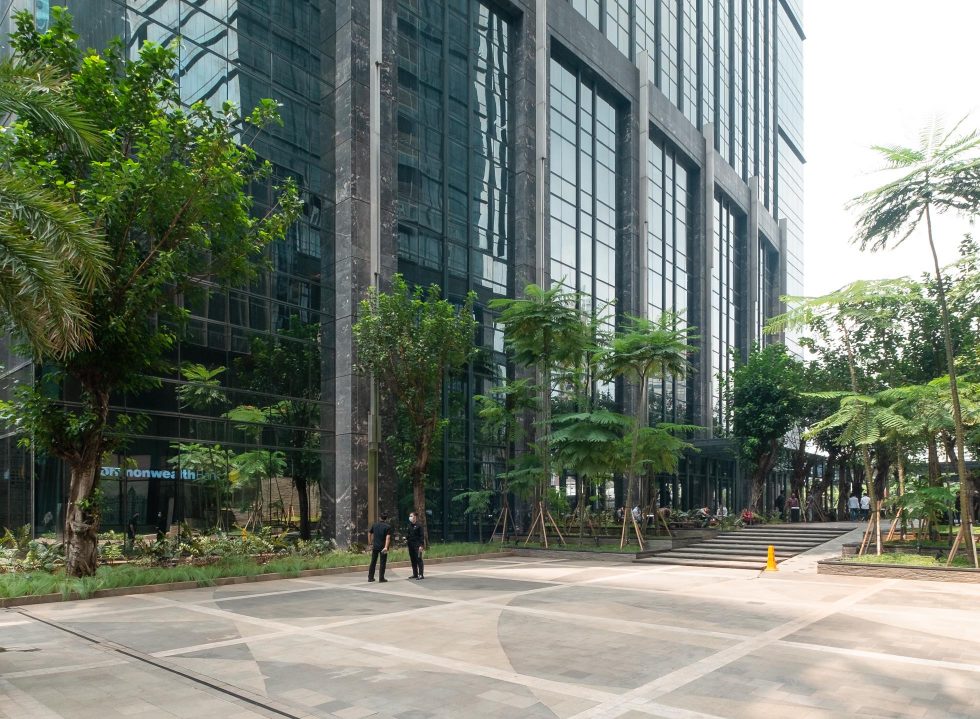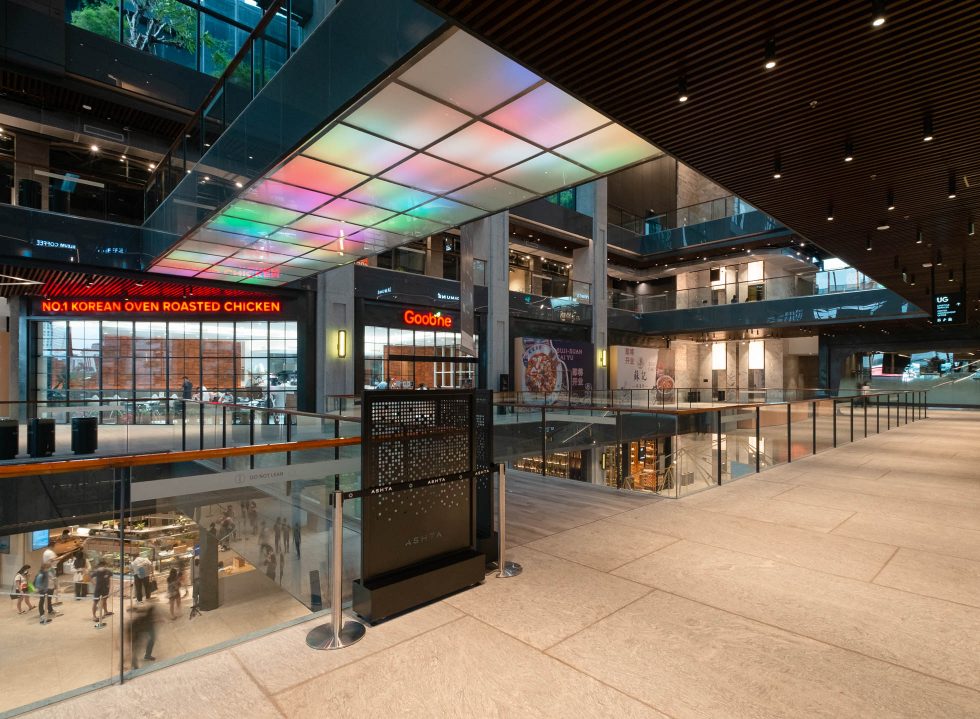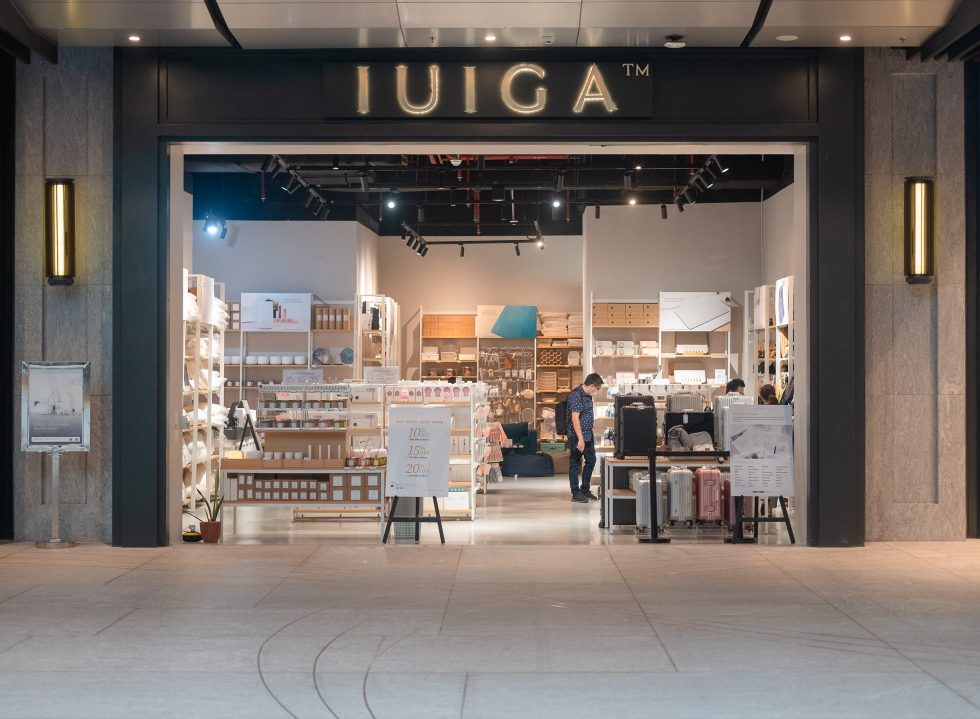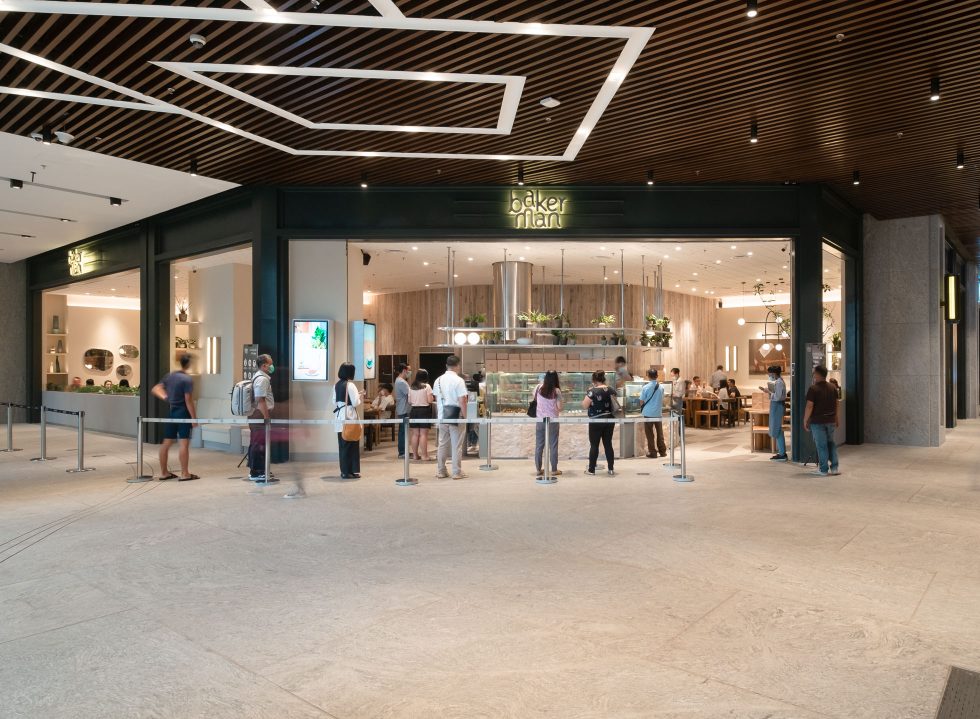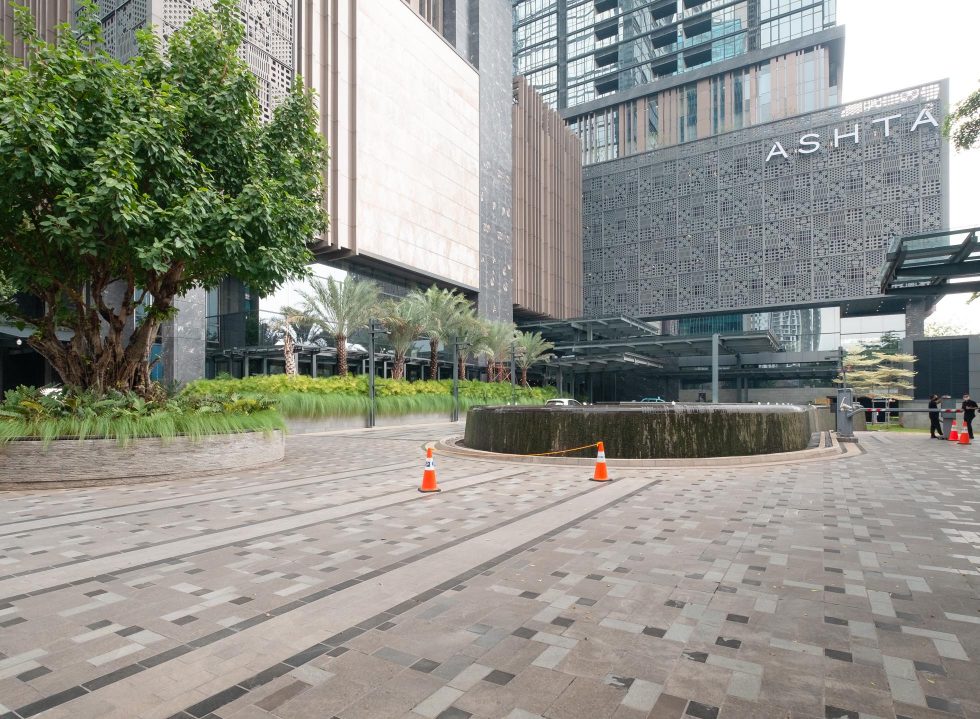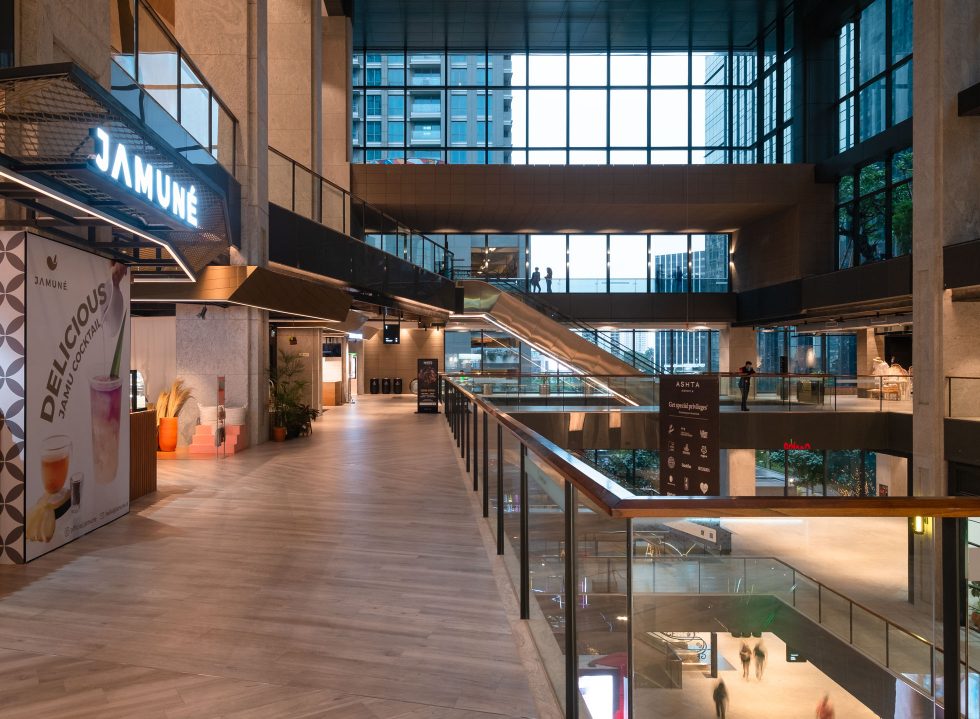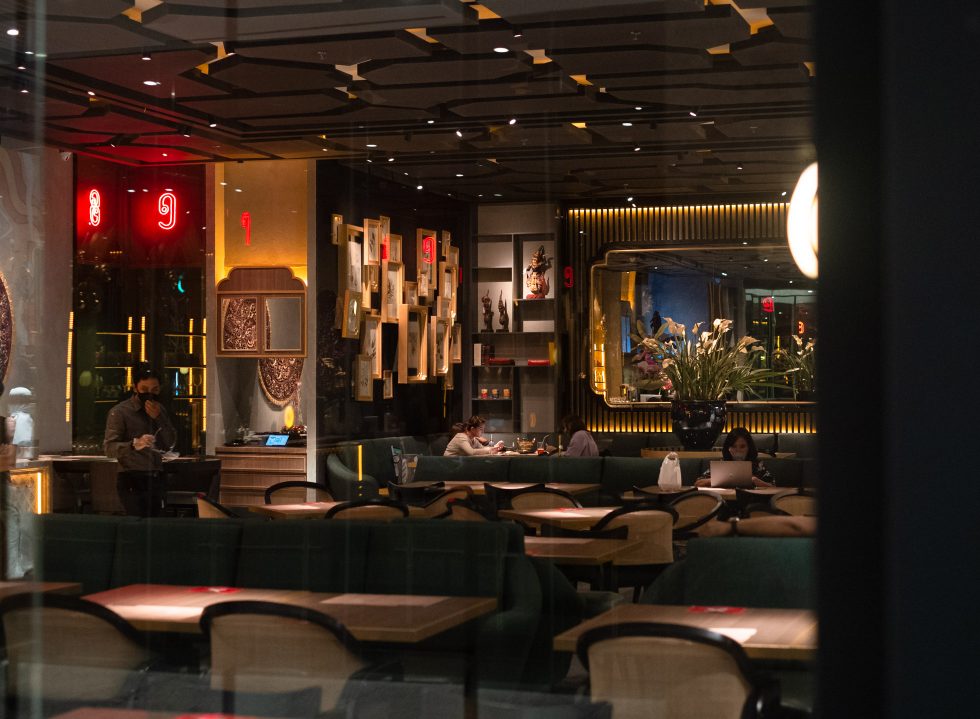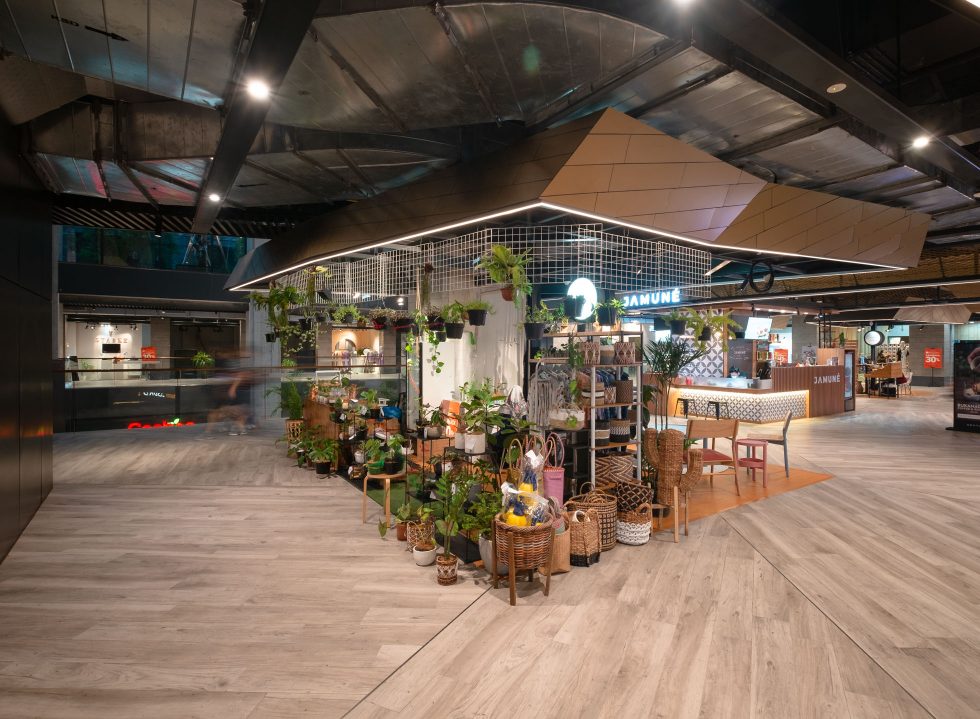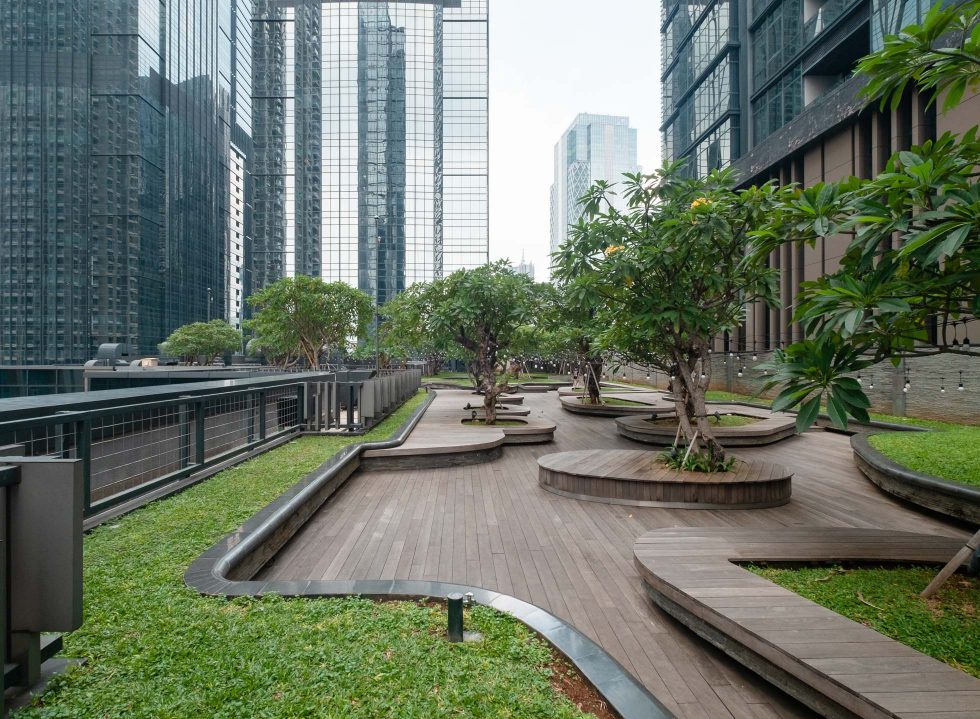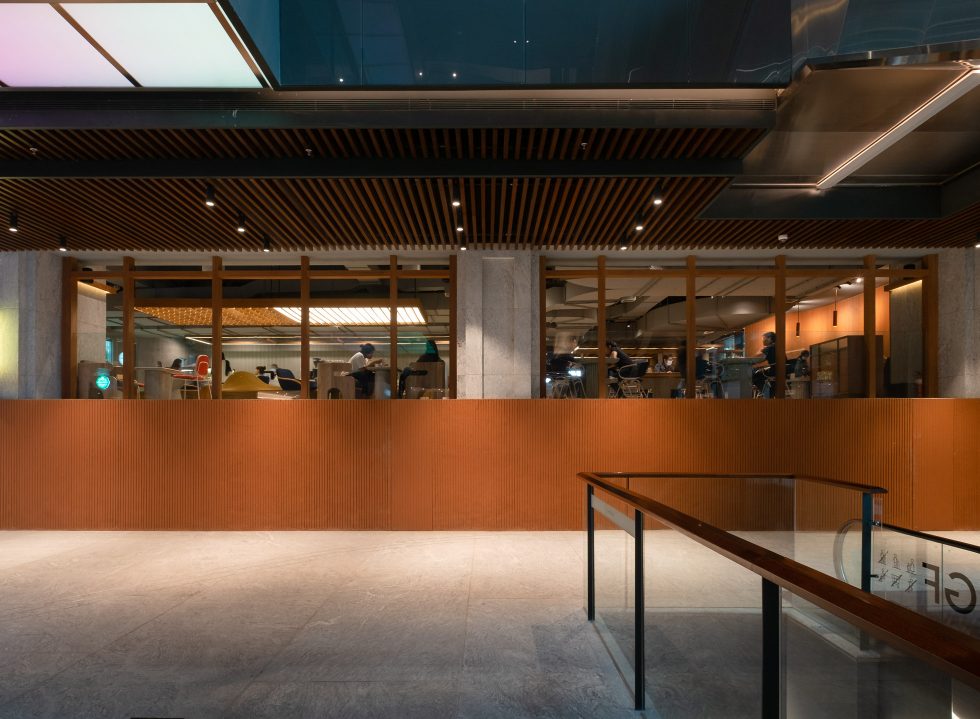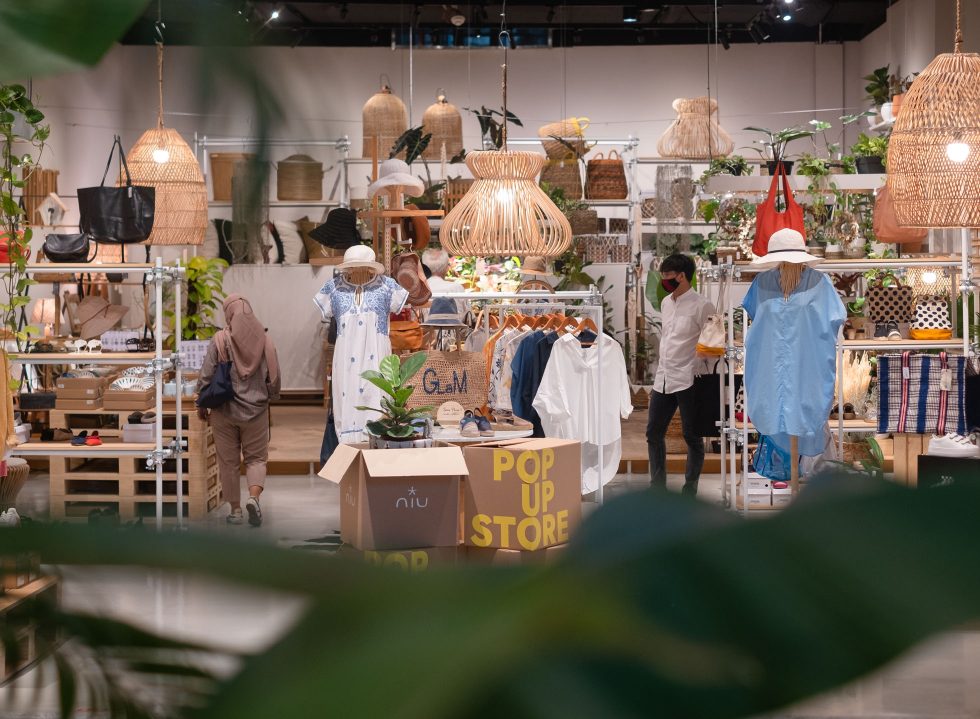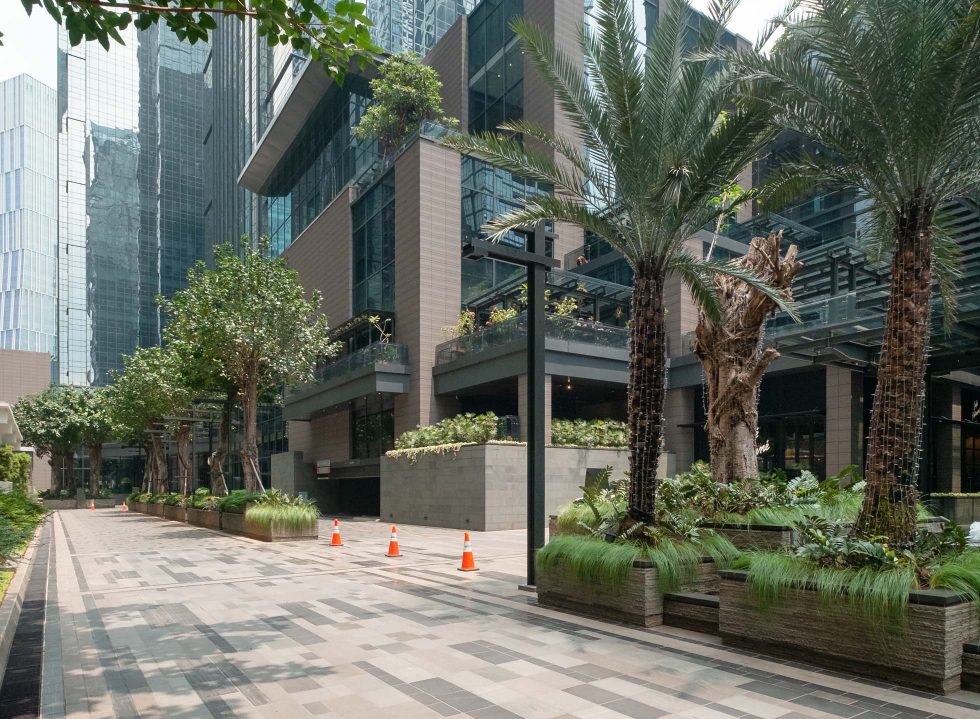Stepping into the newly-opened ASHTA at District 8 feels both intimidating and carefree. While the establishment’s sleek and contemporary build gives off a rather strong impression by design, Ashta also mingles with nature, warming its open spaces with lush greeneries against the backdrop of SCBD’s concrete structures as urban dwellers gather for more than daily errands and retail therapy.
The latest retail development by ASRI (a subsidiary of Agung Sedayu Group, who also developed the likes of Mall of Indonesia and PIK Avenue) opened its doors last November in the thick of the pandemic. With its philosophy that embodies eight elements of a good life (freedom, learning, health, love, friends, family, purpose, peace), Ashta, Sanskrit for eight, beat the odds of the challenging time and was early to win itself the excitement from the city’s epicureans.
“Like many other industries that have been affected, it was not easy to open a new retail concept space in the midst of PSBB,” said Nazira C. Noer, Deputy GM of Business & Casual Leasing at ASRI. “But the response has been amazing so far. We are very humbled by all the excitement, even the viral moments [on social media] that we have been continuously receiving since we opened.” Take the French-Japanese brand Maison Kitsuné, who set its first Indonesian home at Ashta and has gathered bands of lifestyle buffs upon the launch of its boutique and café.
Naturally, the excitement trailed after other noted brands were slated to become part of the retail space: from Singapore’s homeware brand IUIGA and personal training studio Level Gym to the soon-to-be-opened % Arabica Coffee, a household name from Kyoto that foresees swarming locals lining up for the popular brews. Homegrown brands also thrive here, such as Bakerman, an artisanal bakehouse of American-dining style brought by Artisan Kuliner Group and Ground Zero by Common Grounds Coffee Roasters, the coffee house’s latest creation that befits Ashta’s concept of ‘embracing the newness’.
Apart from featuring a trendy repertoire of tenants, the four-storey retail podium also devotes its expansive space to communal spots, such as the “Melting Pot” where weekly workshops and events take place, along with terraced balconies that are usually packed with visitors swinging their camera phones to catch the unobstructed sight of the complex’s skyscrapers. A secret spot also takes over the eight-floor rooftop, where plots of greeneries and an elevating view of the city unfold for those wanting to escape the bustle.
Ashta’s contemporary and nature-infused elements are a telling look of the establishment who wants to be a “place of serenity in the city” said Nazira. “Aligning with our eight pillars, we have created a space for our customers so that they can indulge in a ‘me-time’”. Designed by Toronto-based entertainment design firm, Forrec, who helmed diverse projects from Universal Studios in Orlando and Centara Grand Mirage Resort in Pattaya to Sanrio Hello Kitty Town in Malaysia, the company took on Ashta as its first project in the country.
While Ashta’s presence has jolted the city’s rather monotonous mall and retail space scene, the real job is to create a well-rounded place where interactions happen, while tailoring to people’s ever-evolving needs and trends. Some have called shopping malls a dying breed, a long-running concept clinging on its last legs. In the city, however, they are still rolling in numbers and the opening of Ashta shows that people are still as ever invested.
